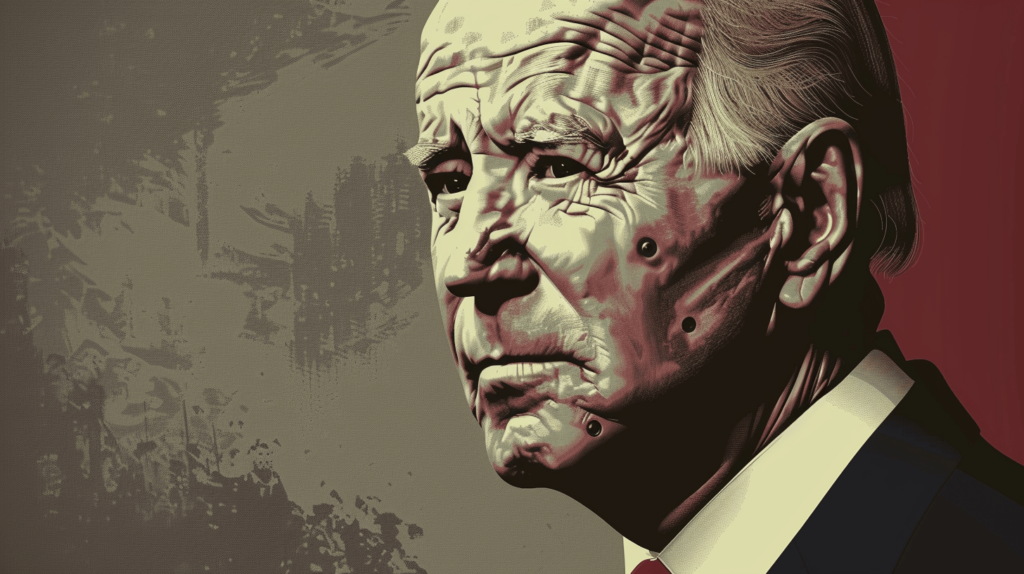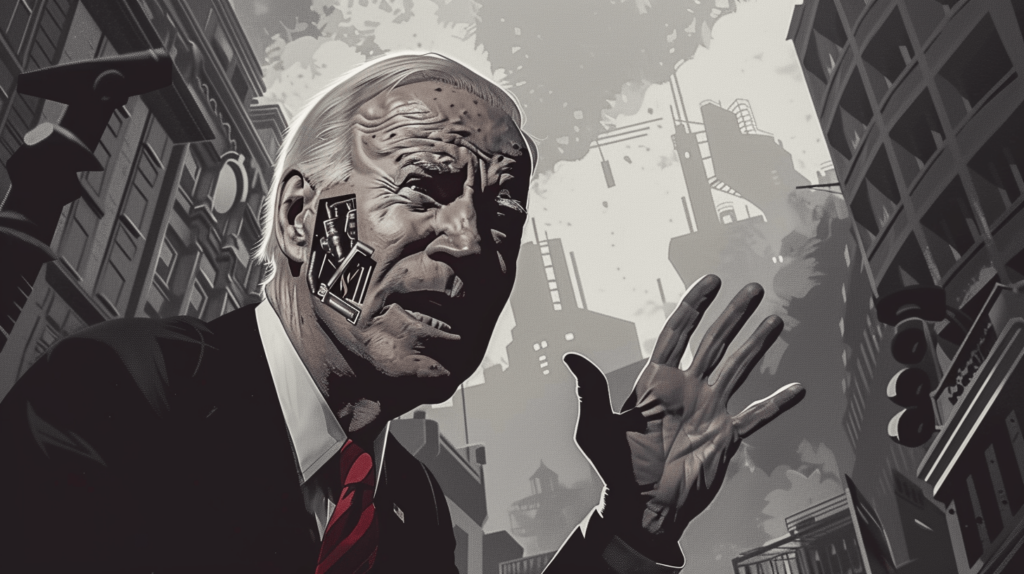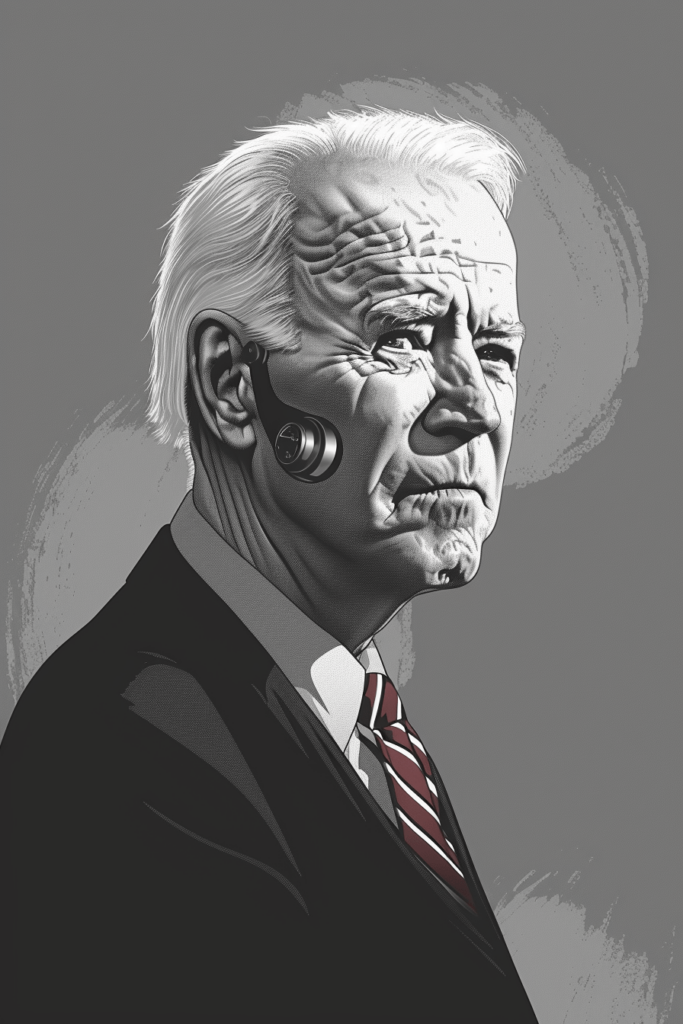The Controversy of Cognitive Fitness
In a world increasingly driven by technological advancements, the idea of an AI President might seem like a concept pulled straight from a sci-fi novel.
However, recent events have given rise to provocative discussions about the feasibility and necessity of such an unconventional approach to leadership. The current controversy surrounding President Joe Biden’s cognitive fitness—exacerbated by a series of public gaffes, including a notable incident where he mistakenly referred to Ukrainian President Volodymyr Zelensky as President Putin—has sparked debate over whether Biden is fit for the role.
Public Concerns and Democratic Party Loyalty
President Biden’s cognitive health has been a topic of concern and debate, particularly among his critics. Instances of forgetfulness and verbal slip-ups have been widely publicized, fueling speculation about his mental acuity.
The latest in these series of gaffes, where he confused Zelensky with Putin during a press conference, has intensified these concerns, raising questions about his ability to effectively fulfill the demanding responsibilities of the presidency.
Despite these apparent signs of cognitive decline, the Democratic Party’s unwavering support for Biden suggests a troubling willingness to prioritize party ideology over the competency of its leader. This stance sends a message that as long as a president adheres to a certain political line, their mental fitness is secondary.

The AI President Hypothesis
If the bar for presidential competency is reduced to mere adherence to party ideology, then the question arises: Why not consider an AI for the role of President?
An AI system, designed to process vast amounts of information and make decisions based on data-driven analysis, could theoretically execute the functions of the presidency with a level of efficiency and impartiality unattainable by a cognitively compromised human leader. Unlike a human president, an AI would not be prone to fatigue, memory lapses, or health-related issues. It would consistently operate at optimal efficiency, ensuring that crucial decisions are made without the risk of cognitive decline. Furthermore, AI systems can be programmed to provide detailed logs and rationales for their decisions, offering a level of transparency that is rarely achievable in human-led administrations. If the primary qualification for leadership is alignment with party ideology, an AI can be programmed to uphold and advance these principles with unwavering fidelity, potentially even better than a human leader.
Of course, this is a dystopian hypothesis.
A Provocative Thought
While the concept of an AI president remains highly speculative and controversial, it serves to highlight the critical issue at hand: the necessity of cognitive fitness in leadership.
The current situation with President Biden underscores the dangers of allowing party loyalty to overshadow the essential qualities needed for effective governance.
In conclusion, the discussion of an AI President is not merely about embracing a dystopian future but rather a critique of the current political landscape where cognitive competence is seemingly negotiable. If the presidency is reduced to a role that can be fulfilled regardless of mental acuity, it begs the question: What are we doing?






